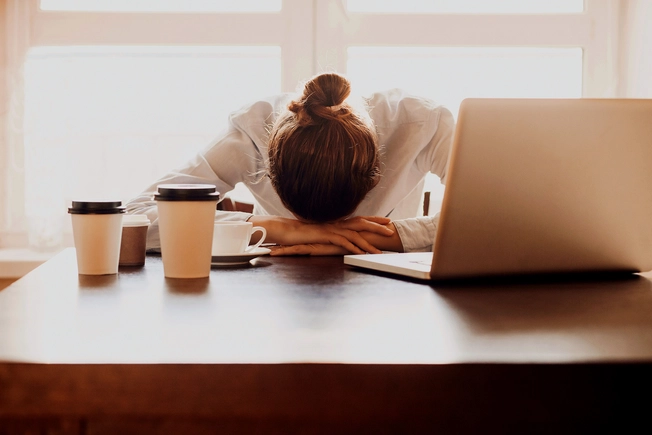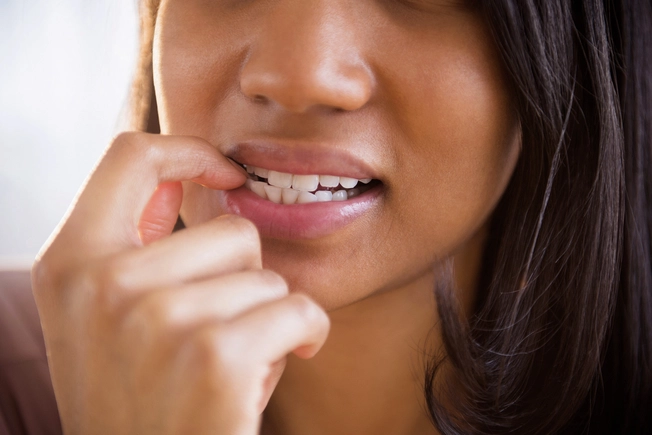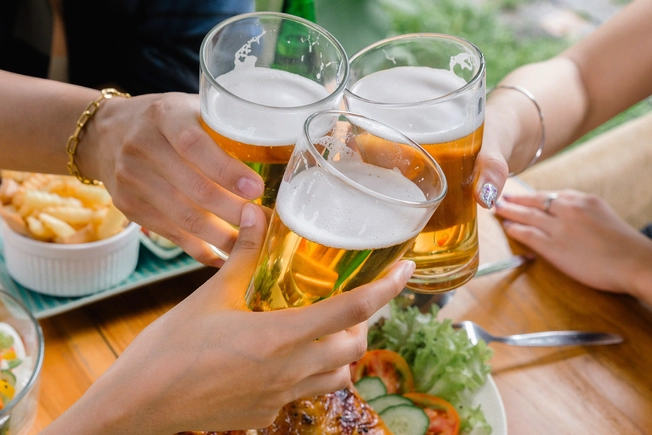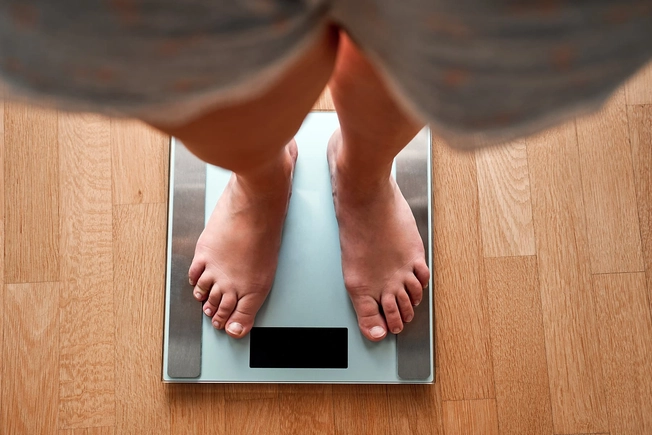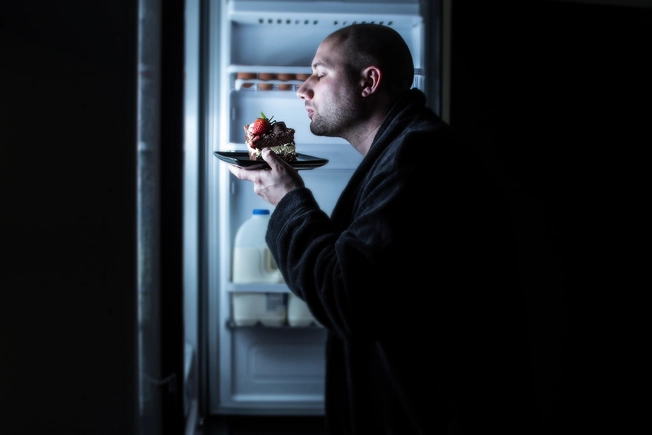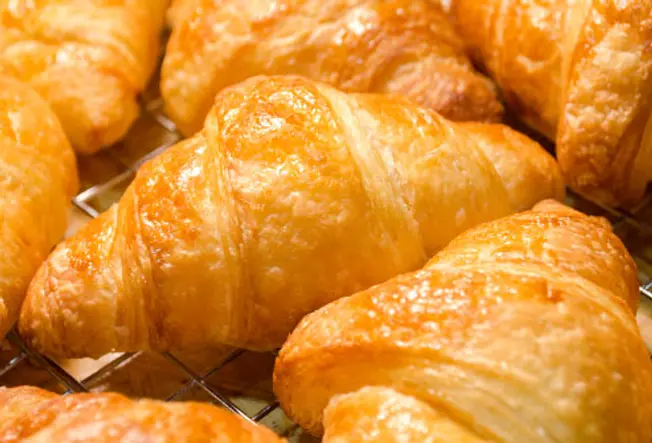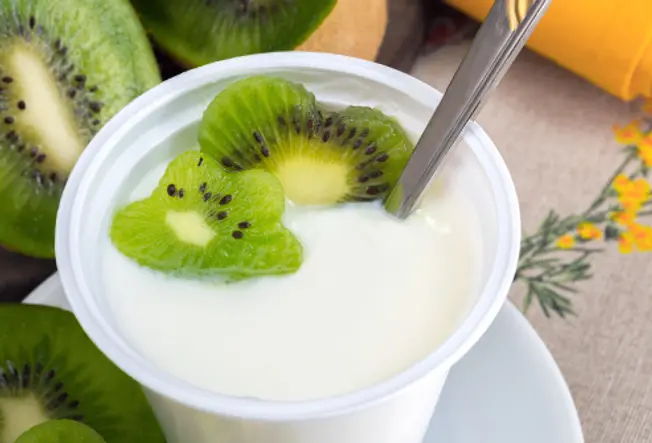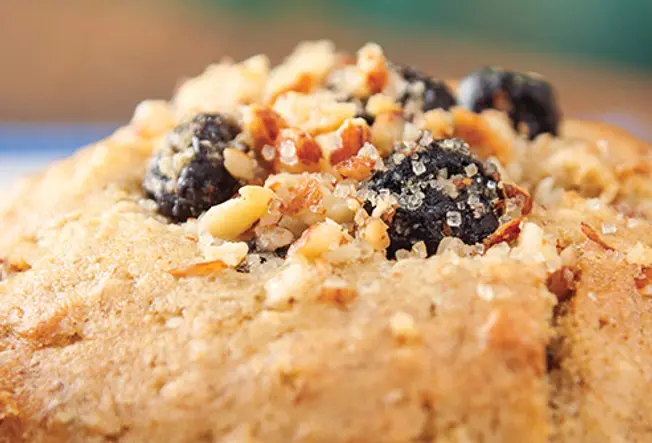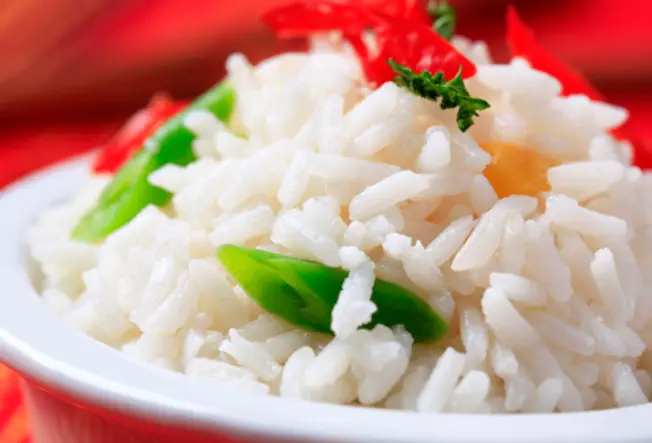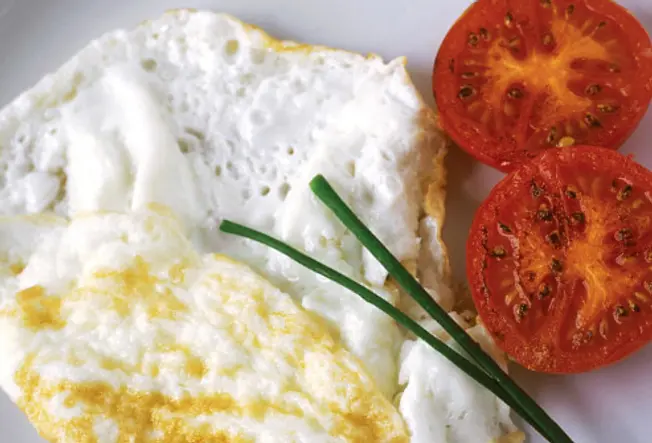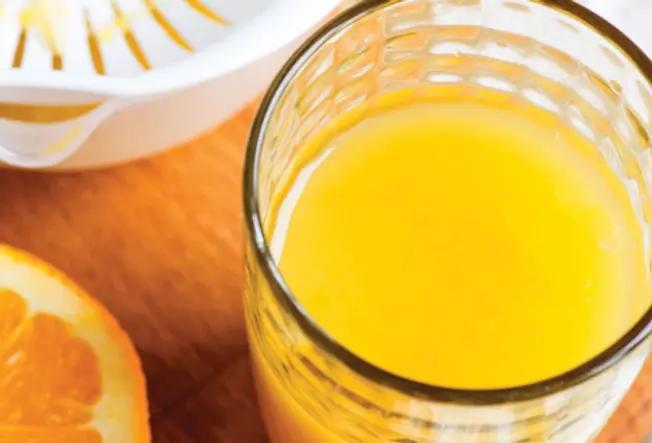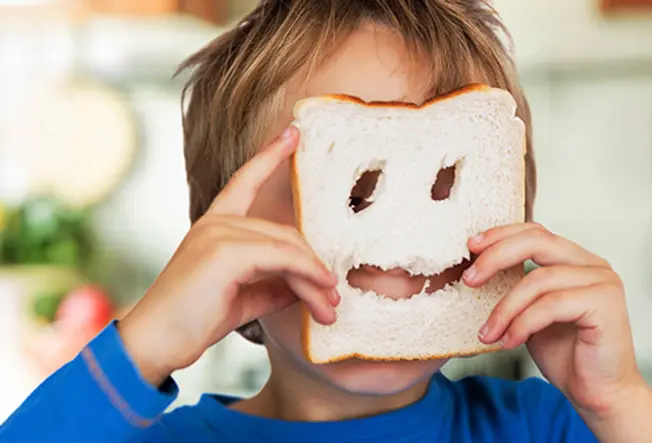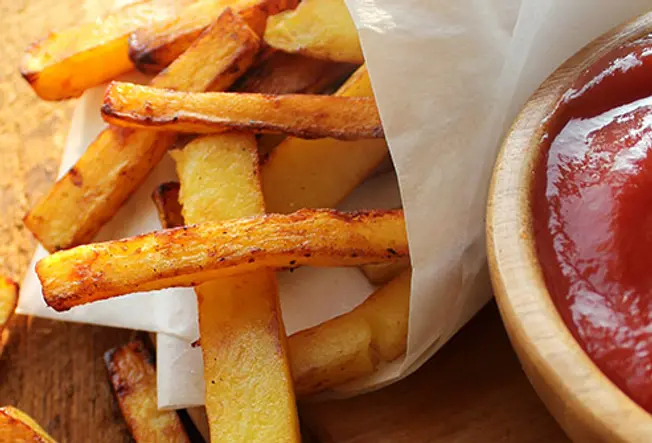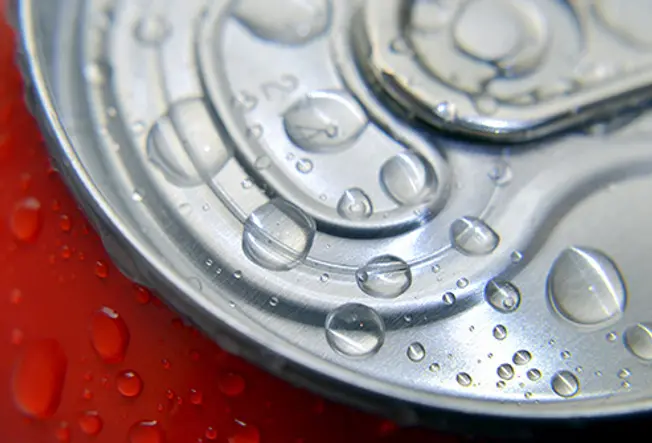Hunger is never a good feeling and, for some, the feeling never goes away — even after eating. A new study finds sudden and significant drops in blood sugar may be the reason. Researchers say people who experience the biggest dips hours after a meal can end up consuming hundreds of extra calories every day; adding up to several pounds each year.

A team from King’s College London and health science company ZOE believe this explains why people struggle to lose weight, even on calorie-controlled diets. Researchers examined detailed blood sugar data from 1,070 people during the study. Each participant consumed a standardized breakfast and freely selected meals for two weeks, totaling up to 70,000 meals.
The group also took part in a fasting blood sugar response test to measure how well each person processes sugar. Additionally, participants wore continuous glucose monitors and an activity monitor during the two weeks. While going about their days, each person recorded their levels of hunger as well as when and what they ate.
‘Big dippers’ in danger of gaining lots of weight
Previous studies have focused on the way blood sugar levels rise and fall within the first two hours of a meal. Scientists call this the blood sugar peak. According to the new research, however, many eaters experience large “sugar dips” two to fours hours after this peak. Participants in the new study saw their blood sugar fall off rapidly before bouncing back.
On average, “big dippers” displayed a nine percent increase in hunger. Despite eating the same food, they also waited a half-hour less before consuming their next meal compared to “little dippers.”
Researchers note the impact of this on weight gain adds up fast. Big dippers consumed about 75 more calories in the three to four hours following the standardized breakfast. Over a full day, they took in over 300 more calories than little dippers. Over a full year, a person experiencing these large drops in blood sugar would gain 20 pounds annually.
“It has long been suspected that blood sugar levels play an important role in controlling hunger, but the results from previous studies have been inconclusive. We’ve now shown that sugar dips are a better predictor of hunger and subsequent calorie intake than the initial blood sugar peak response after eating, changing how we think about the relationship between blood sugar levels and the food we eat,” Dr. Sarah Berry from the School of Life Course Sciences says in a university release.
“Our discovery that the size of sugar dips after eating has such a big impact on hunger and appetite has great potential for helping people understand and control their weight and long-term health,” adds Professor Ana Valdes from the University of Nottingham.
So what’s causing smaller or larger drops in blood sugar?
Researchers find, despite eating the same test meals, there are large variations in who becomes a big or little dipper. Results reveal there is no connection between age, body mass index, or weight when it comes to drops in blood sugar. The team did note that men tend to have slightly larger drops in blood sugar hours after eating than women.
Study authors say they also noticed changes in the dips according to each person’s response to eating the same meals on different days. This suggests that differences in metabolism and the day-to-day impact of meal choices and activity levels plays a role in each person’s blood sugar dip.
The team believes choosing certain foods that work better with your individual biology may help dieters feel full for longer.
“This study shows how wearable technology can provide valuable insights to help people understand their unique biology and take control of their nutrition and health. By demonstrating the importance of sugar dips, our study paves the way for data-driven, personalized guidance for those seeking to manage their hunger and calorie intake in a way that works with rather than against their body,” says lead author Patrick Wyatt from ZOE.
“Food is complex and humans are complicated, but our research is finally starting to open up the black box between diet and health. We’re excited to have been able to turn this cutting-edge science into an at-home nutrition and microbiome test so that everyone has the opportunity to discover their unique responses to food to best support their metabolism and gut health,” concludes Tim Spector, Professor of Genetic Epidemiology at the School of Life Course Sciences.

